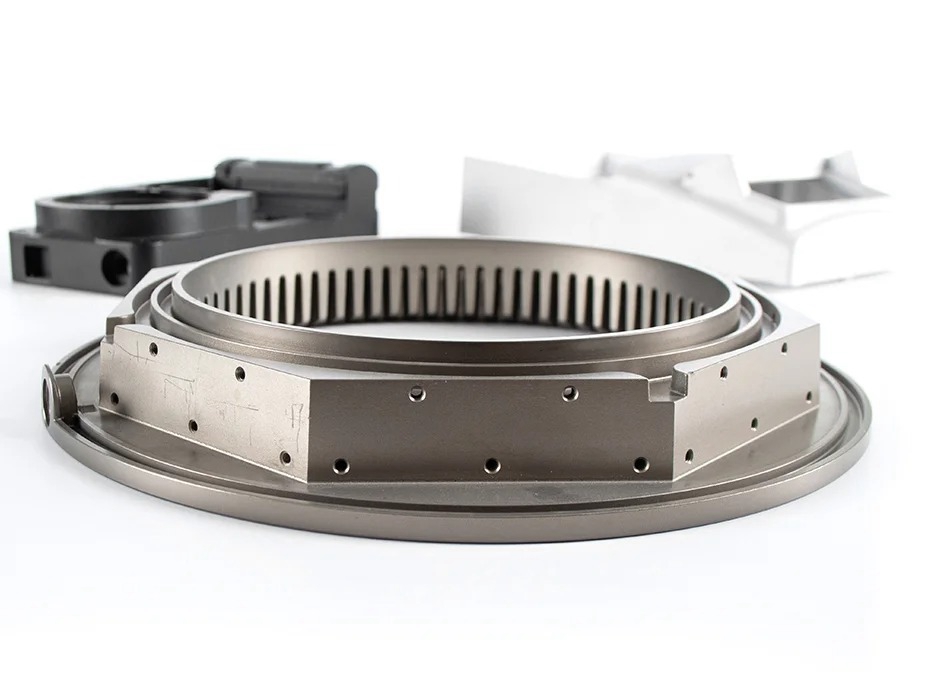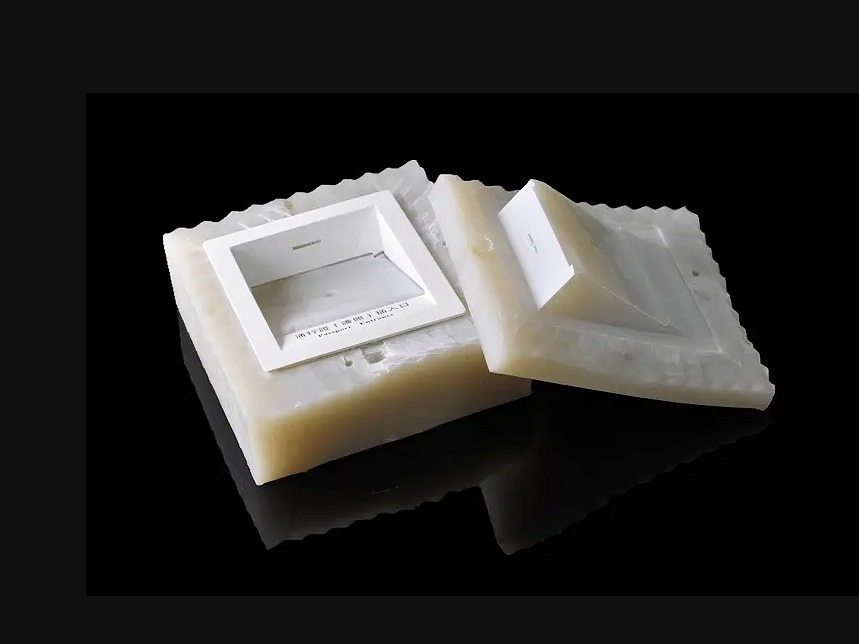What are the typical tolerances achievable in rapid injection molding?
In rapid injection molding, typical tolerances range from ±0.05 mm to ±0.10 mm, depending on the material, part geometry, and mold quality. For critical dimensions, ±0.01 mm tolerance can be achieved with high-precision tooling and post-machining, especially when using metals or dimensionally stable engineering plastics.
Here’s a breakdown of achievable tolerances:
Feature Type | Typical Tolerance | Notes |
|---|---|---|
Standard thermoplastic parts | ±0.10 mm | Applies to general ABS, PC, PP components |
High-precision features | ±0.05 mm | Requires optimized tooling and consistent processing conditions |
Critical fit areas | ±0.01–0.03 mm | Achievable with secondary machining or tight mold controls |
Flatness/warpage control | < 0.10 mm per 25 mm span | Dependent on part design and material shrinkage |
Wall thickness variation | ±0.05 mm | Applies to sections >1.0 mm in thickness |
These tolerances meet the requirements for most functional prototypes and production-grade parts in industries like aerospace, medical devices, and automotive.
To achieve optimal dimensional control, Neway Precision offers a full spectrum of services including Plastic Injection Molding, CNC Machining Prototyping, and Consultative Design Services to refine designs for manufacturability and tight tolerance control.



